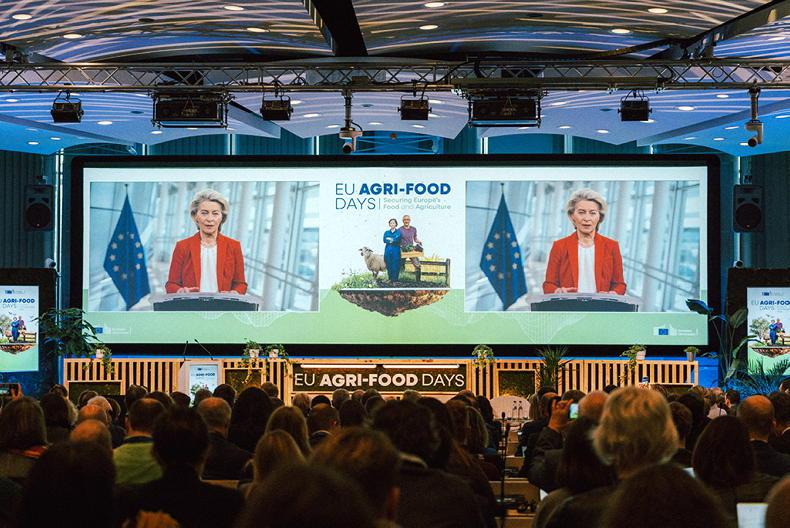The EU has taken another step on its journey to deciding whether new genomic techniques(NGTs) can be used in the EU.
These NGTs include gene editing, which basically means genes can be snipped to speed up the natural breeding process. It is not like genetic modification, where genes are inserted from other plants.
This month, the European Council’s negotiating mandate on NGTs was endorsed by member state representatives.
A statement from the Council said: “The new legislation aims to adapt EU rules to the technological developments of the past decades.”
At present, EU law does not allow products which are derived by NGTs to be placed on the market. At present, NGTs basically follow the same rules as genetically modified organisms.
Current proposal
The current proposal outlines two ways NGTs could be placed on the market and also excludes the use of NGTs in organic production.
The first category of NGT plants that could be placed on the market are plants that “could occur naturally or through conventional breeding methods; they would be exempted from the rules currently set out in the GMO legislation and would not be labelled; however, seeds produced through those techniques would have to be labelled”.
The second category of NGTs that could go on the market is: “all other NGT plants; rules under GMO legislation would apply (including a risk assessment and authorisation before they are placed on the market); they would be labelled as such”.
The Council has said it supports these proposals, but has some suggested changes.
These are that:
Member states can decide to prohibit the cultivation of category two NGT plants on their territory.Member states can take measures to avoid the unintended presence of category two NGT plants in other products and will need to take measures to prevent cross-border contamination.The Council’s statement said: “The proposal aims to boost innovation and sustainability within the agri-food sector, while contributing to food security and reducing external dependencies. The regulation would ensure robust protection for human, animal and environmental health, while guaranteeing that the plant breeding sector is safe, transparent and competitive.”
The EU has taken another step on its journey to deciding whether new genomic techniques(NGTs) can be used in the EU.
These NGTs include gene editing, which basically means genes can be snipped to speed up the natural breeding process. It is not like genetic modification, where genes are inserted from other plants.
This month, the European Council’s negotiating mandate on NGTs was endorsed by member state representatives.
A statement from the Council said: “The new legislation aims to adapt EU rules to the technological developments of the past decades.”
At present, EU law does not allow products which are derived by NGTs to be placed on the market. At present, NGTs basically follow the same rules as genetically modified organisms.
Current proposal
The current proposal outlines two ways NGTs could be placed on the market and also excludes the use of NGTs in organic production.
The first category of NGT plants that could be placed on the market are plants that “could occur naturally or through conventional breeding methods; they would be exempted from the rules currently set out in the GMO legislation and would not be labelled; however, seeds produced through those techniques would have to be labelled”.
The second category of NGTs that could go on the market is: “all other NGT plants; rules under GMO legislation would apply (including a risk assessment and authorisation before they are placed on the market); they would be labelled as such”.
The Council has said it supports these proposals, but has some suggested changes.
These are that:
Member states can decide to prohibit the cultivation of category two NGT plants on their territory.Member states can take measures to avoid the unintended presence of category two NGT plants in other products and will need to take measures to prevent cross-border contamination.The Council’s statement said: “The proposal aims to boost innovation and sustainability within the agri-food sector, while contributing to food security and reducing external dependencies. The regulation would ensure robust protection for human, animal and environmental health, while guaranteeing that the plant breeding sector is safe, transparent and competitive.”










SHARING OPTIONS